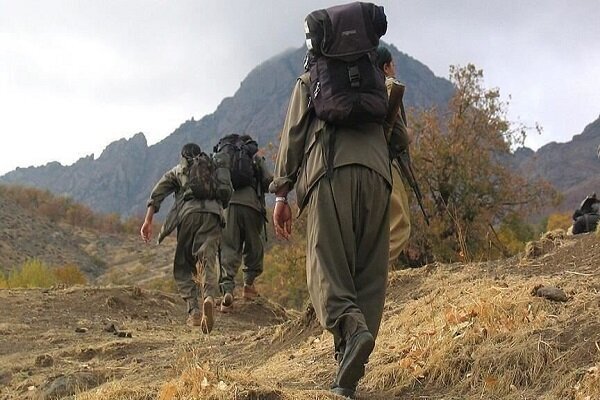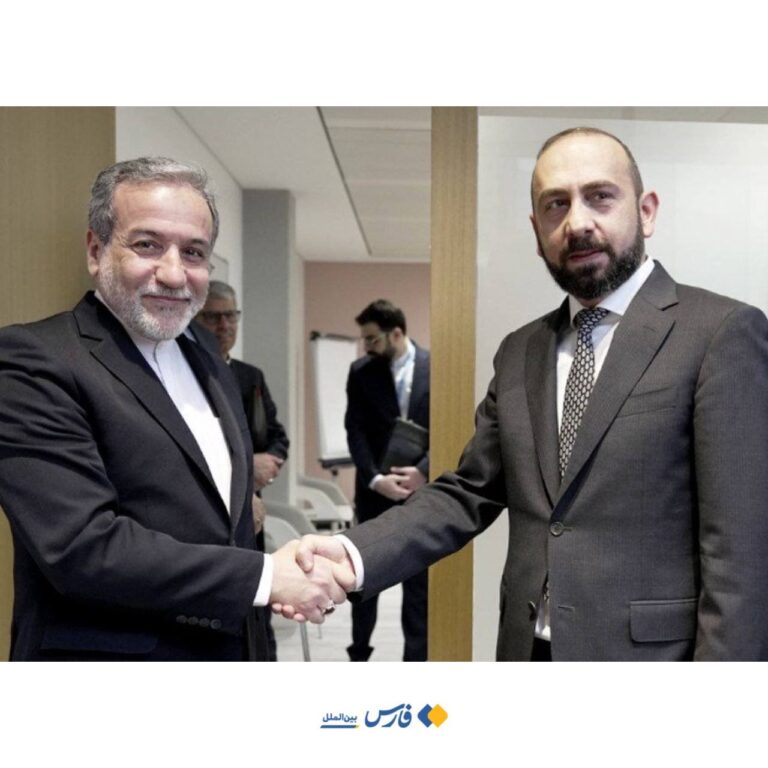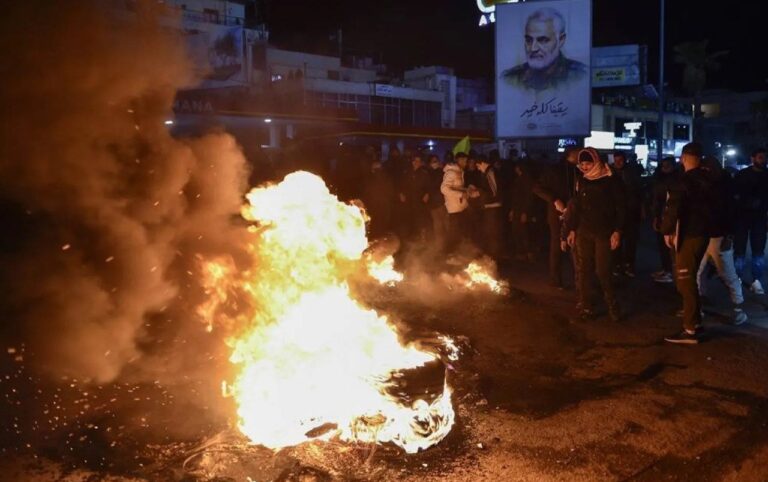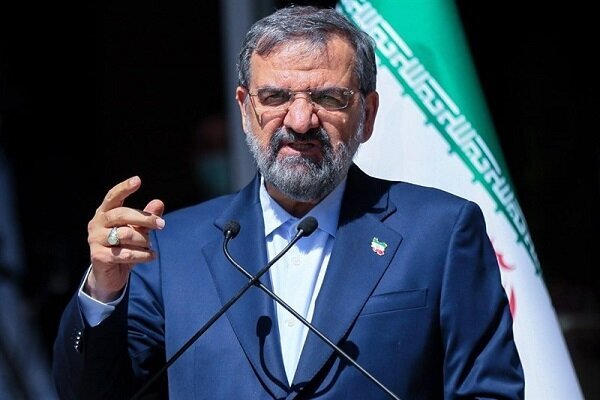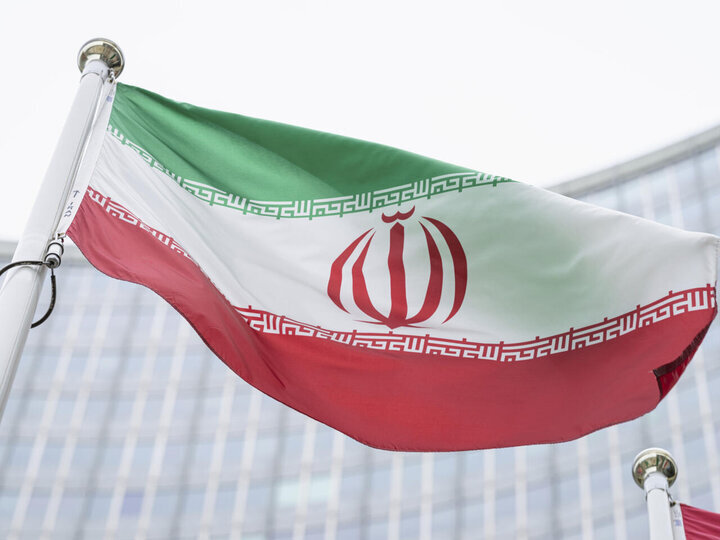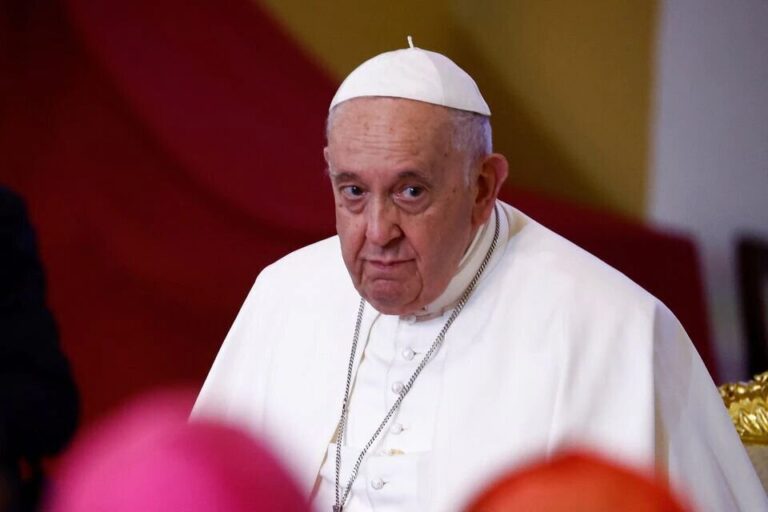PKK Announces Historic Disbandment and Ceasefire: A New Era of Peace Begins
The recent announcement from the outlawed Kurdish group, the PKK, marks a significant turning point in its long-standing conflict with Turkey. After a 40-year insurgency, the PKK has declared its intention to lay down arms and disband. This decision comes in response to a call made by the group’s imprisoned leader, Abdullah Ocalan, who urged the organization to dissolve during a statement issued in February.
The PKK has been designated as a terrorist organization by Turkey, the EU, the UK, and the US. Initially, the group’s insurgency aimed to establish an independent homeland for the Kurdish people, who represent approximately 20% of Turkey’s population. Over the years, however, the PKK has shifted its focus from separatism to advocating for greater autonomy and enhanced rights for the Kurdish community.
Throughout the decades of conflict, more than 40,000 individuals have lost their lives, highlighting the devastating impact of the PKK’s insurgency on both Kurdish and Turkish communities. In February, Abdullah Ocalan, now 76 years old, reiterated his call for the PKK to lay down its arms and disband. Ocalan has been held in solitary confinement since 1999 on an island prison located in the Sea of Marmara, southwest of Istanbul.
In a letter penned from his prison cell, Ocalan emphasized the need for democracy in achieving a political solution, stating, “there is no alternative to democracy in the pursuit and realization of a political system. Democratic consensus is the fundamental way.” While it remains uncertain what concessions Ocalan and his supporters might receive in exchange for disbanding, there are speculations that he could be granted parole.
Kurdish politicians are optimistic about the potential for a renewed political dialogue that could pave the way for greater rights for the Kurdish population. Both the PKK and the Turkish government have compelling reasons to pursue a resolution at this juncture:
- The PKK has faced significant setbacks due to recent military operations by the Turkish government.
- Regional political changes have increasingly restricted the PKK’s operations within Iraq and Syria.
- President Erdogan requires the support of pro-Kurdish political parties to bolster his chances in the upcoming presidential election scheduled for 2028.
A spokesperson for President Tayyip Erdogan’s AK Party described the decision to disband as a critical step toward creating a “terror-free Turkey.” This process will reportedly be monitored by state institutions, as confirmed by news agency Reuters.
Winthrop Rodgers, an expert from the international affairs think tank Chatham House, commented on the implications of this disbandment. He stated that it would necessitate “a major democratic transition by Turkey” to meet the demands of Kurdish political representatives. He noted that some Turkish leaders have demonstrated “some goodwill” in recent months, which has facilitated the PKK’s decision to disband.
However, Rodgers expressed uncertainty about whether this goodwill will extend to the substantial changes needed to ensure full Kurdish participation in the political landscape and society of Turkey. He remarked, “In a lot of ways, the ball is in Turkey’s court.“
This evolving situation presents both challenges and opportunities for Turkey and the Kurdish community. As the PKK takes steps towards disbanding, the focus will shift to the Turkish government and its willingness to engage in meaningful dialogue to address Kurdish rights and aspirations. The coming months will be critical in determining the future of Kurdish-Turkish relations and the broader implications for peace and stability in the region.
In conclusion, the PKK’s decision to lay down arms and disband is a momentous development that could reshape the future of Kurdish rights in Turkey. With the possibility of renewed political dialogue on the horizon, both sides hold the potential to forge a path toward a more inclusive and peaceful society. The eyes of the world will be on Turkey as it navigates this complex situation, striving for a balance between national security and the rights of its diverse population.
